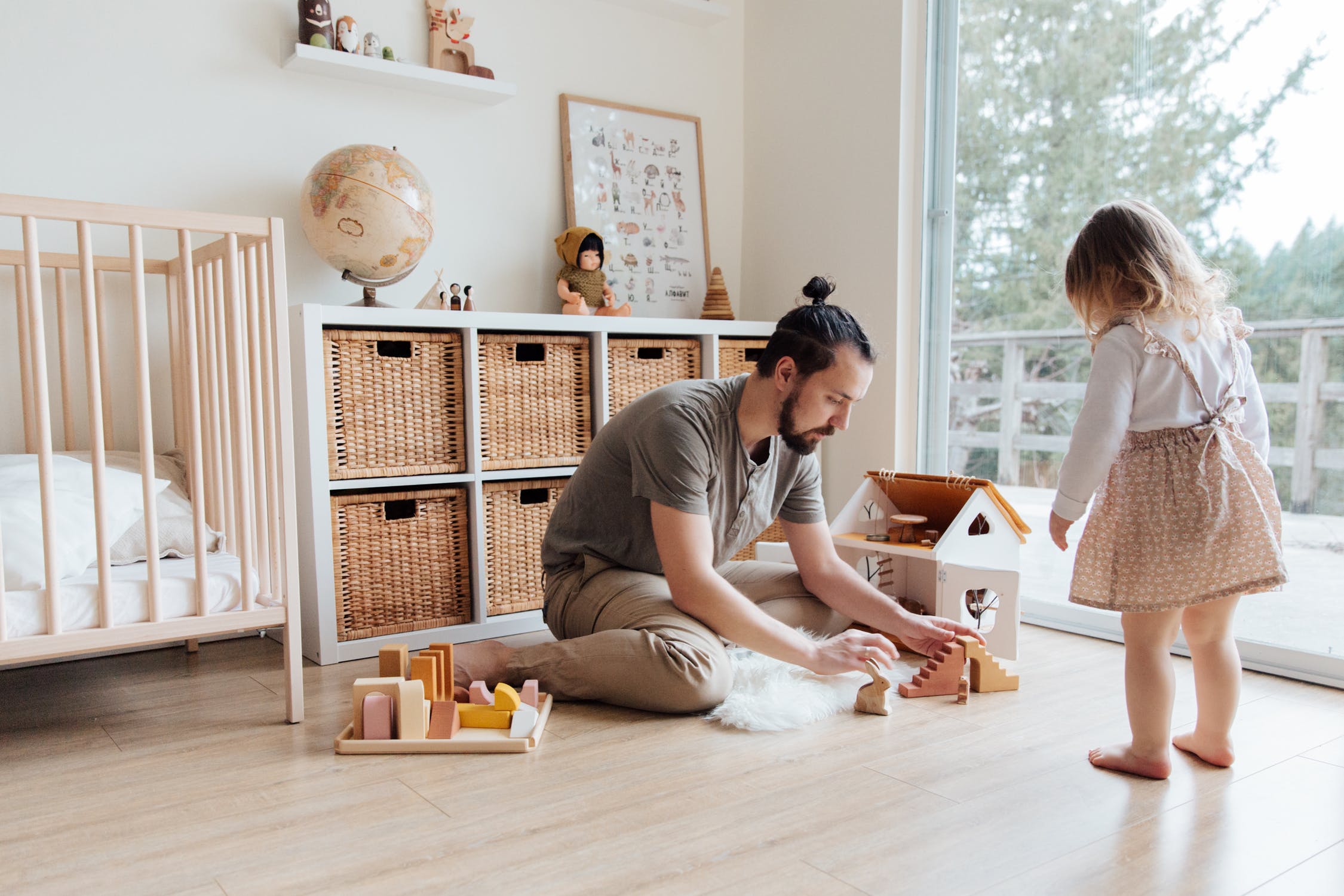
Any time parents of teenagers or pre-teens are in a room together, the subject of homework and education seems to be on their lips. My experience is that most of the time parents worry more about their teen’s schoolwork than the teen worries about their schoolwork! I’m can’t promise to improve your teen’s grade point average. Actually, you may have to see your teen’s grade point average lowered for a while.
But then again, you will have to ask the question, “Is my primary purpose in parenting to help my child become a responsible adult or get good grades?” If you answered, “good grades,” I think your goal is too low.
A very good friend of mine is a university president. He told me that a mom called him to complain about a poor grade her son was getting in a business class. The president of the university wasn’t totally sure why she called him, but he did say he would check into it with the professor.
When he asked the professor about this student’s grade, the professor said the student wasn’t motivated and had written a terrible mid-term paper. When the president reported his finding to the mom, she was extremely angry and said, “That was not a bad paper, it was an A paper. I have an MBA from Stanford and I wrote that paper for my son!”
Here is the situation: for teenagers, education is their primary job, and school is their workplace. Rather than seeing education merely as a stepping-stone to future employment and earning a living (it is this, of course), it’s more important for your teenager’s progress toward adulthood that you view it as his responsibility during this season of his life. This responsibility should include striving to learn all he can, and doing the best he can do academically.
A parent should encourage, challenge, and guide when he does not live up to his academic potential, while remembering the responsibility is his, not yours.
Some parents mistakenly wrap their own self-image into how their teen performs academically. They cannot live with knowing their teen is doing poorly in school and it is not an option, because it reflects poorly on them. So, they do their child’s homework themselves.
For other parents, it’s a matter of family pride. What parent hasn’t attended a school science fair where it has been obvious that Mom or Dad made their child’s project?
For still others, it’s a matter of practicality, such as hoping that a scholarship will pay for their teen’s college years. I understand and sympathize with the many reasons parents have for bailing out their teens academically.
But the bottom line is that none of these helps the teen to become a responsible adult. Education ought rightly to be a monkey on your teenager’s back, not yours.
High school senior, Lindsey, and her parents were often locked in conflict over homework. An incredibly bright girl, Lindsey just didn’t apply herself. Her parents would nag, bribe, restrict, shame, and sometimes even do her homework themselves, all so she could keep her grades up and get a college scholarship. Finally, they took Lindsey’s monkey—her lack-of-discipline—off their backs and put it on hers.
They sat down with her and explained that they were partly at fault for all the tension in the home. They admitted that by her age, they should be nagging less. Starting then, they would release the homework decisions to her. She alone would experience the consequences of her academic decisions. It was a good talk, but that didn’t mean things changed overnight.
Lindsey continued to miss homework assignments, and her grades weren’t good enough to get into a four-year university. But two years at a community college did bring some maturity to her thinking, and she eventually became an excellent student, graduating with honors at UCLA.
How to Handle Homework
In a HomeWord parent podcast, John Rosemond spoke about “ending the homework hassle, and he introduced his ABCs for putting an end to family conflict over the issue. It’s one of the most freeing plans I’ve seen for dealing with homework, yet admittedly, it’s going to be a difficult one for parents who are addicted to control. In a strange twist of fate, it turns out that these ABCs found below are nothing more than the approach to homework many parents used fifty years ago.
- All by Myself. Teens ought to be responsible for doing their own homework. Find a private place for your teen to do homework and help set up an environment conducive to study. Then leave them alone. If they flunk the homework assignment, they chose the consequence. We have to teach them independence.
- Back Off. What may be the most difficult step for many parents is to back off. This means to refuse to give your kids your constant attention at homework time. Nagging really doesn’t work in the long run. Some would say it is like a constant dripping and a form of torture. John says about 80 percent of the time, “I need help” means they are looking for someone to fix a problem or bail them out. It’s possible to back off from helping the kids do the homework and turn your role more into supporting and encouraging. Even if your teen fails the homework assignment, they will learn an important life lesson from the experience. Don’t rob them of this learning experience.
- Call It Quits. Many parents set a time when kids must begin their homework and a time for them to quit. Set deadlines to finish the work. John strongly advises, “When it’s time to quit, it’s time to quit.” This gives your kids plenty of time to get it done, but it isn’t a fight every night that ends up creating a very poor family environment. This will give your kids a chance to learn to manage time more effectively.
Has homework been a hassle in your family? What has been successful or unsuccessful for you?
This is a excerpt from Jim Burns new book Understanding Your Teen. Used with permission.





